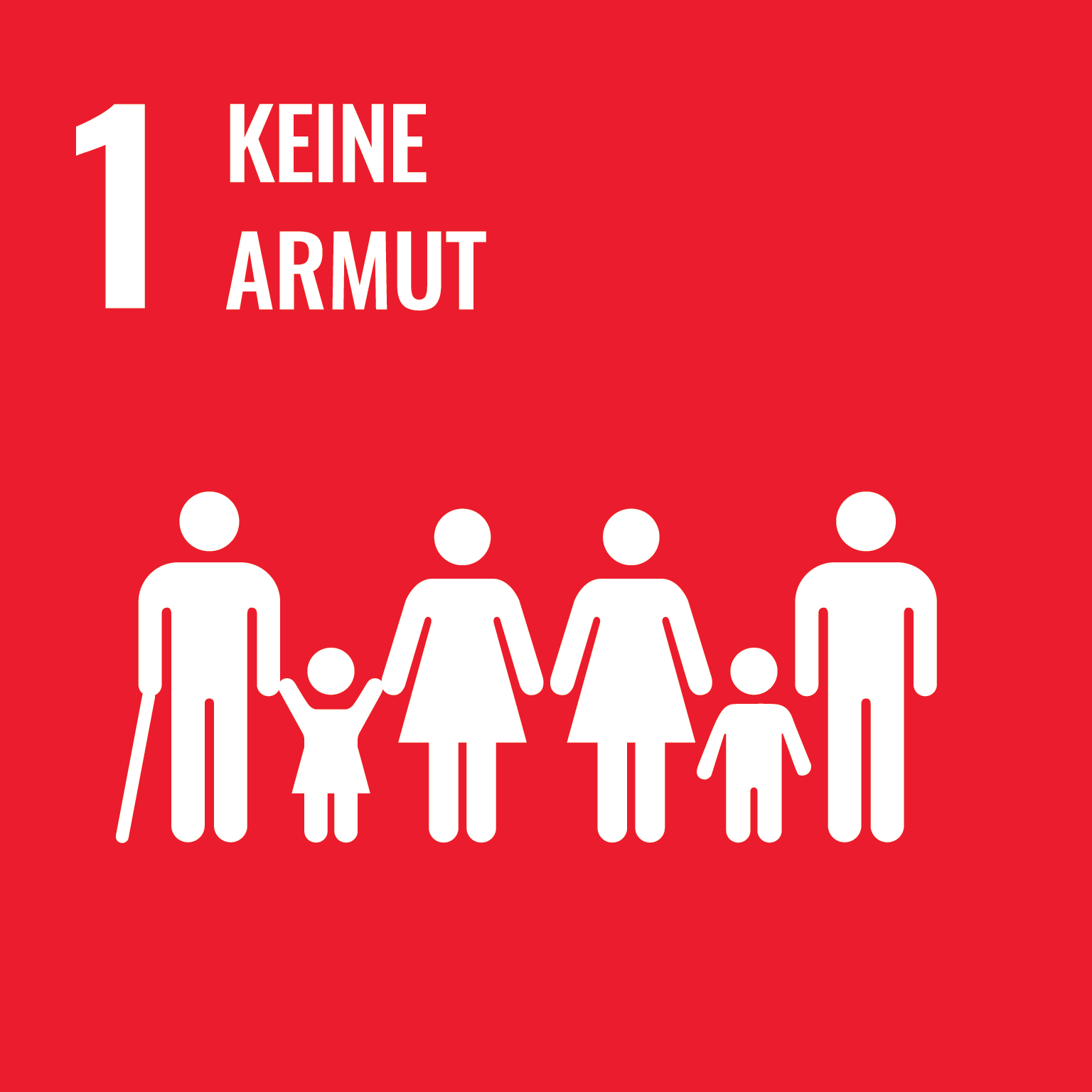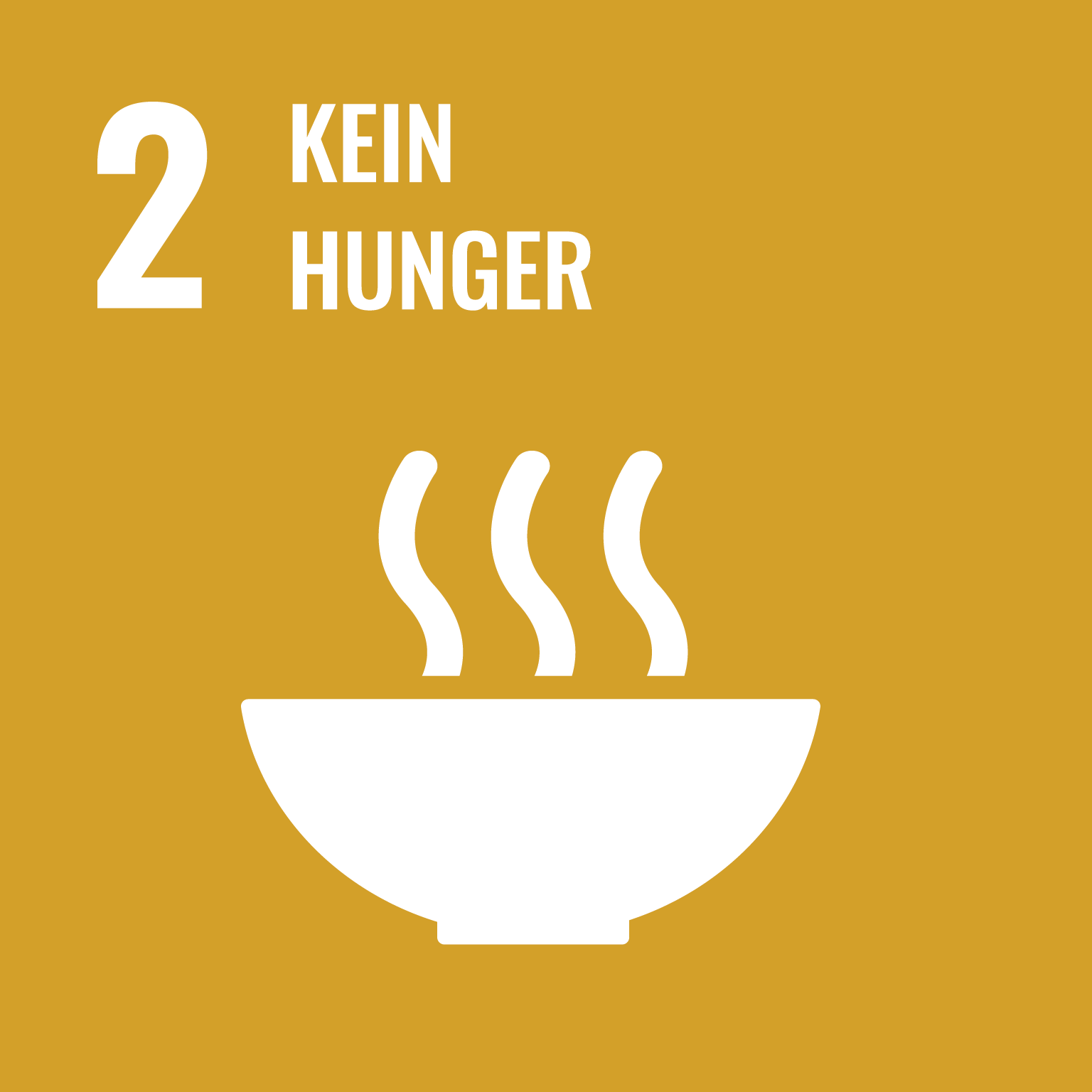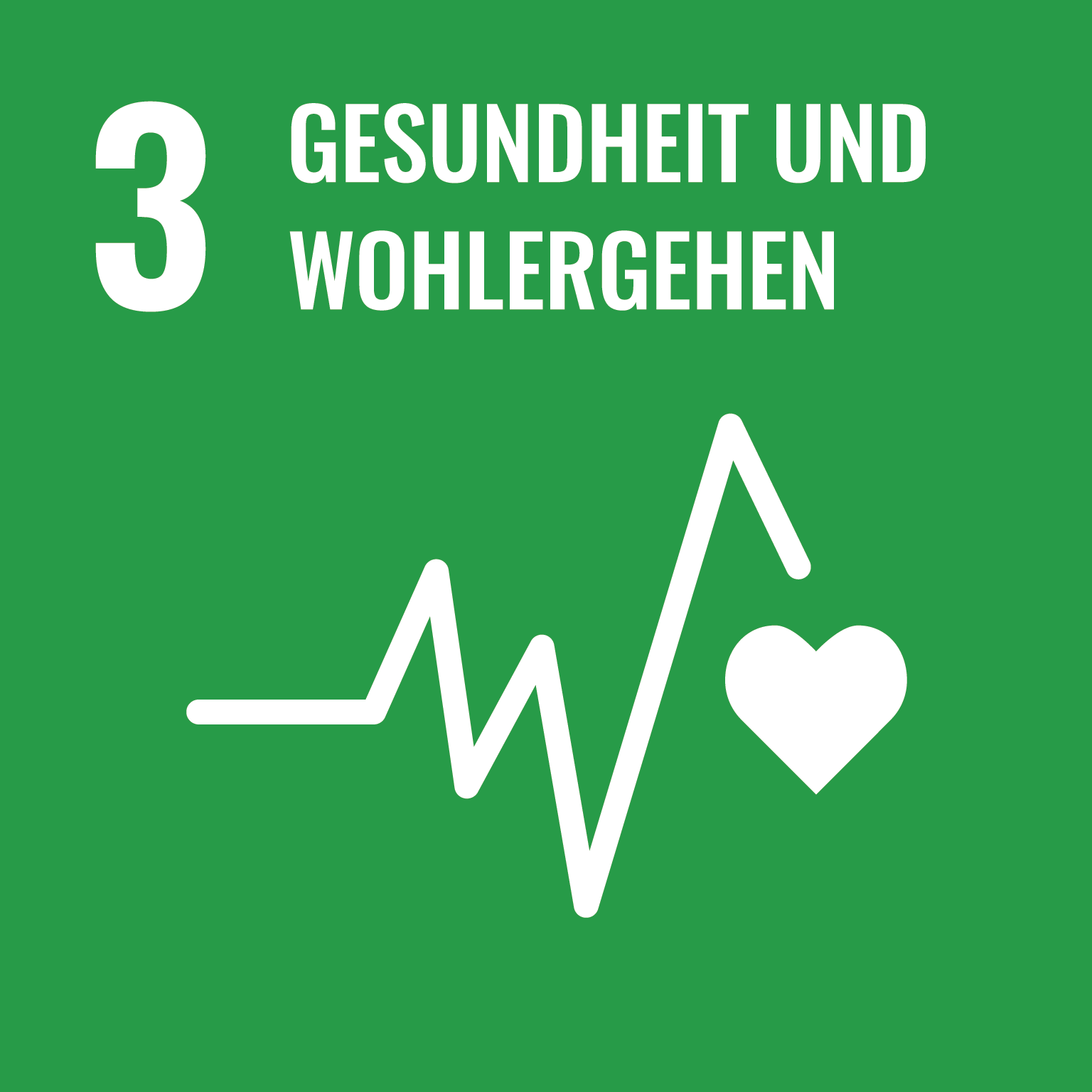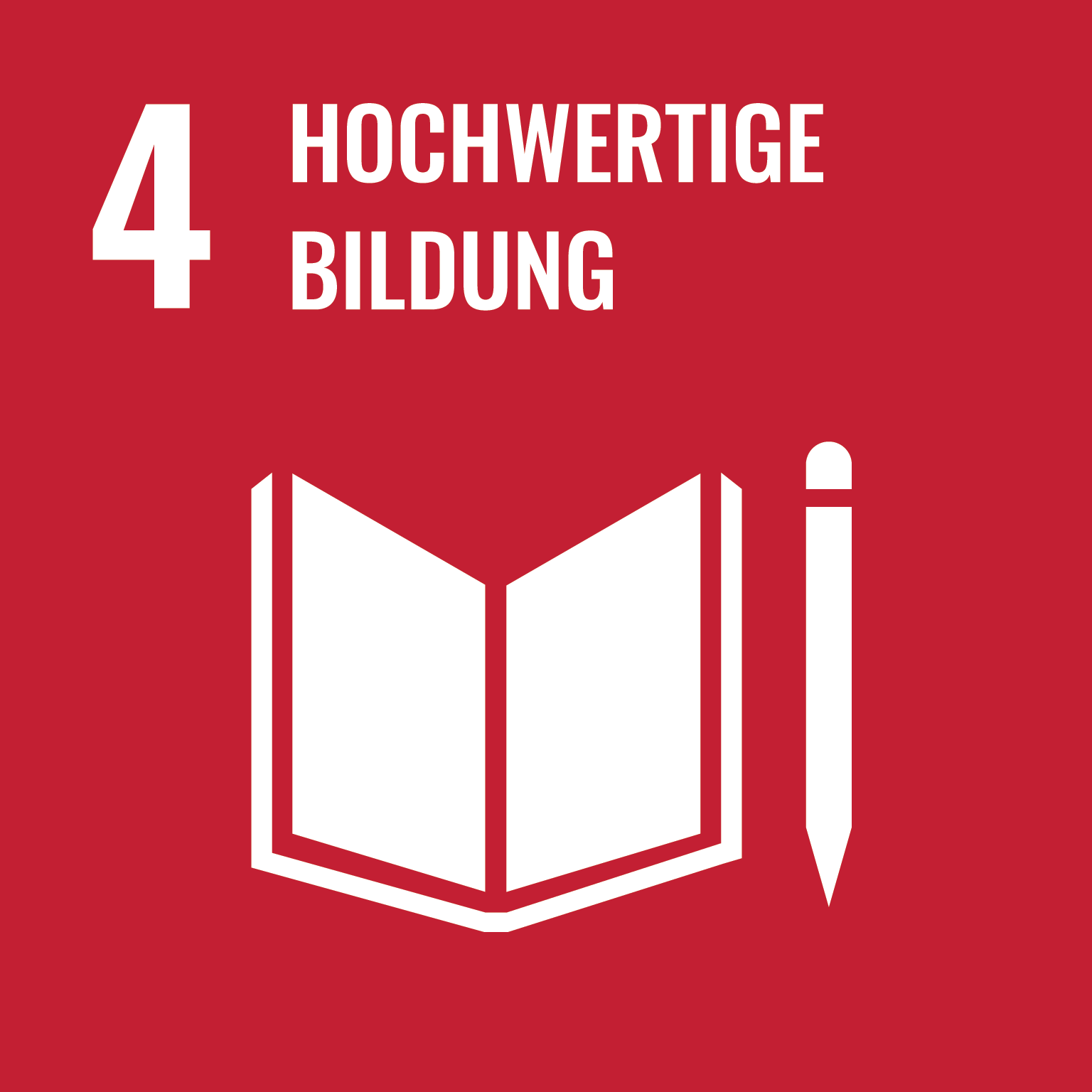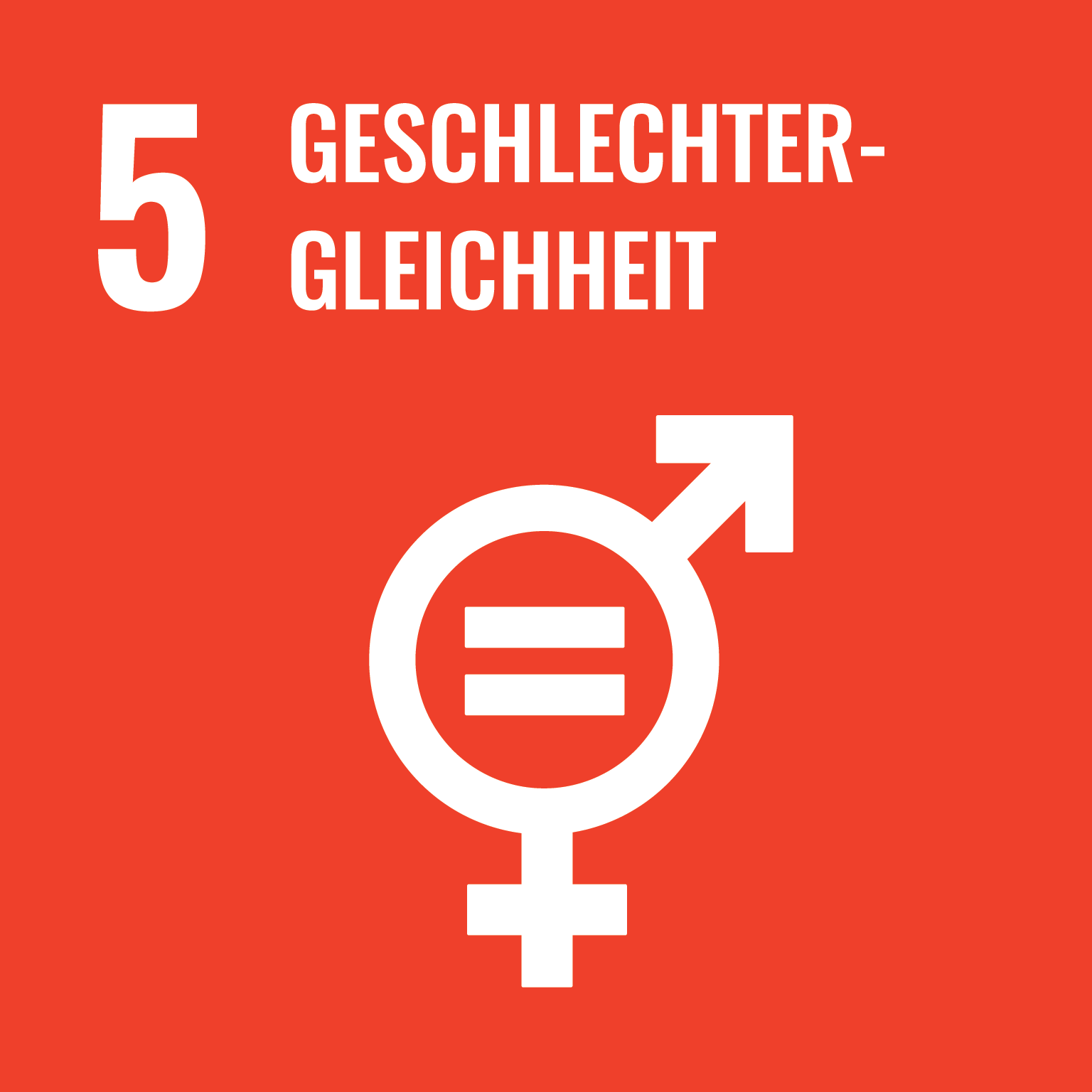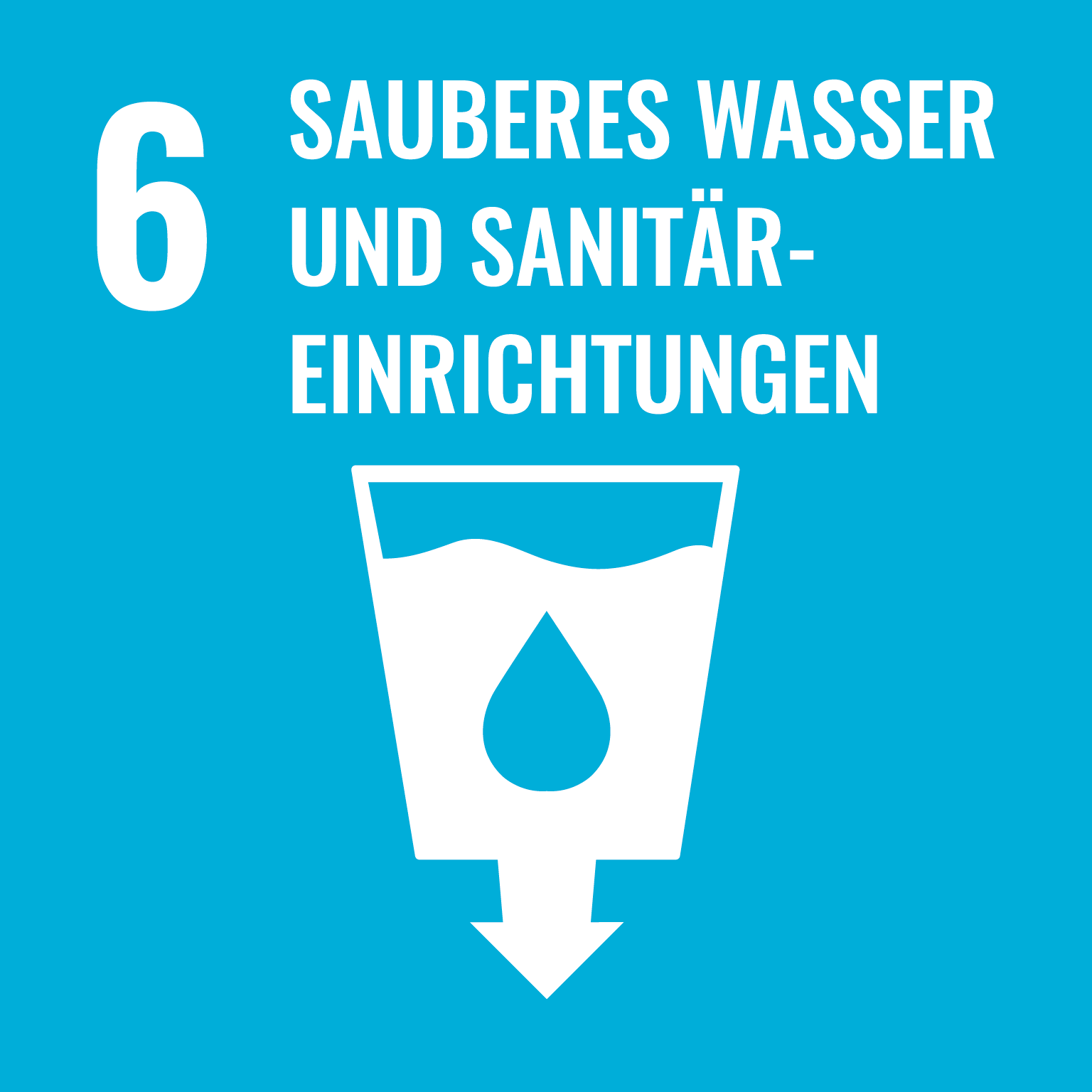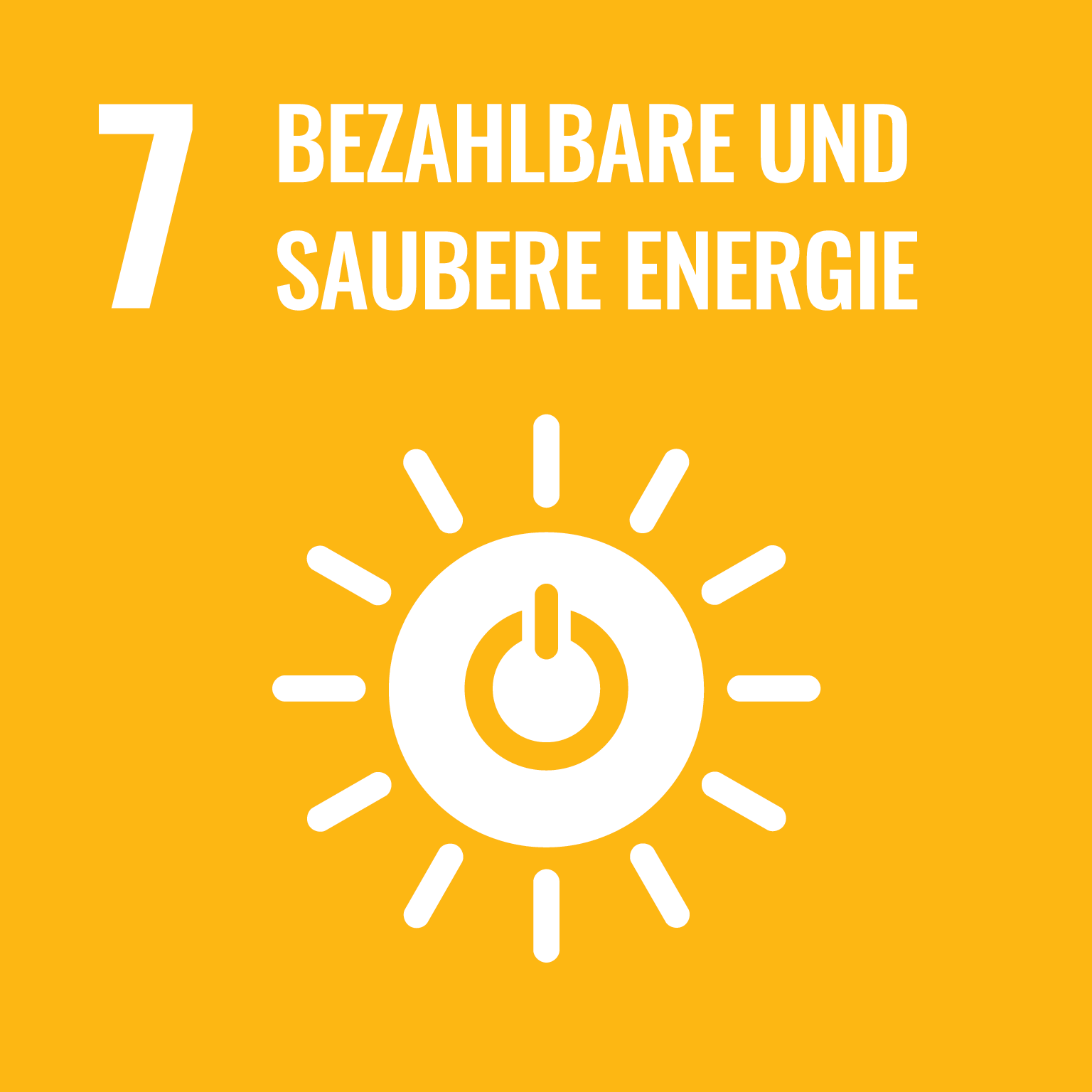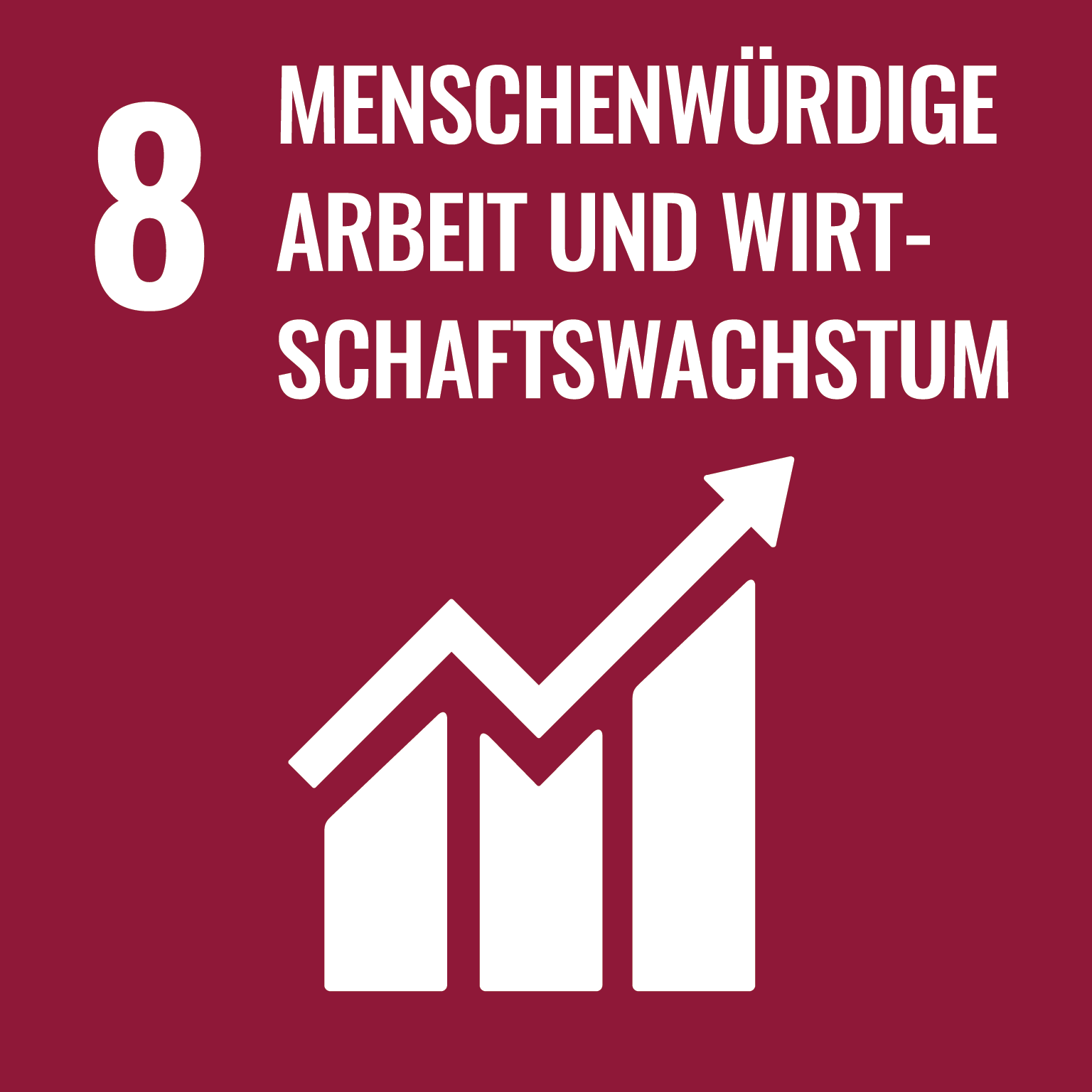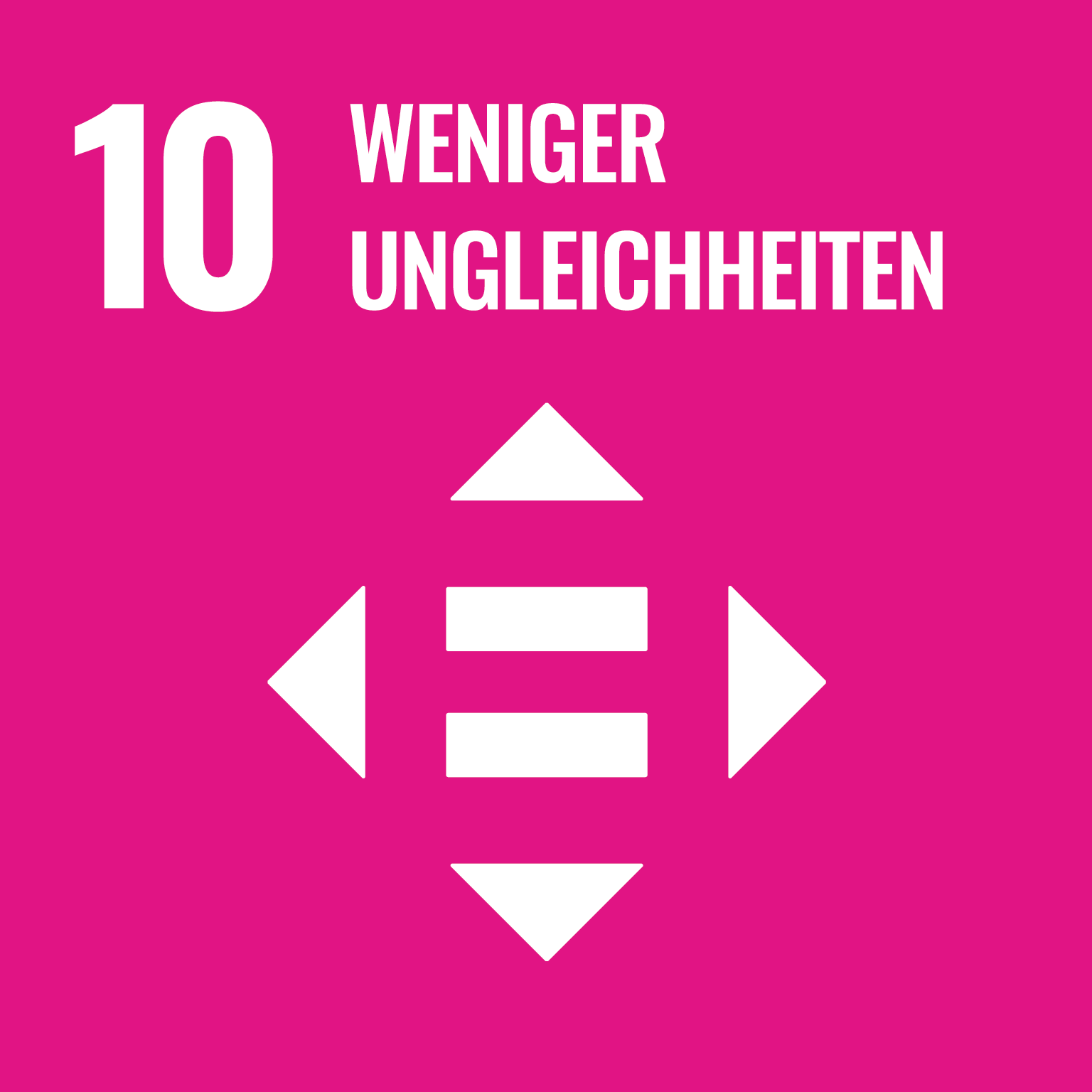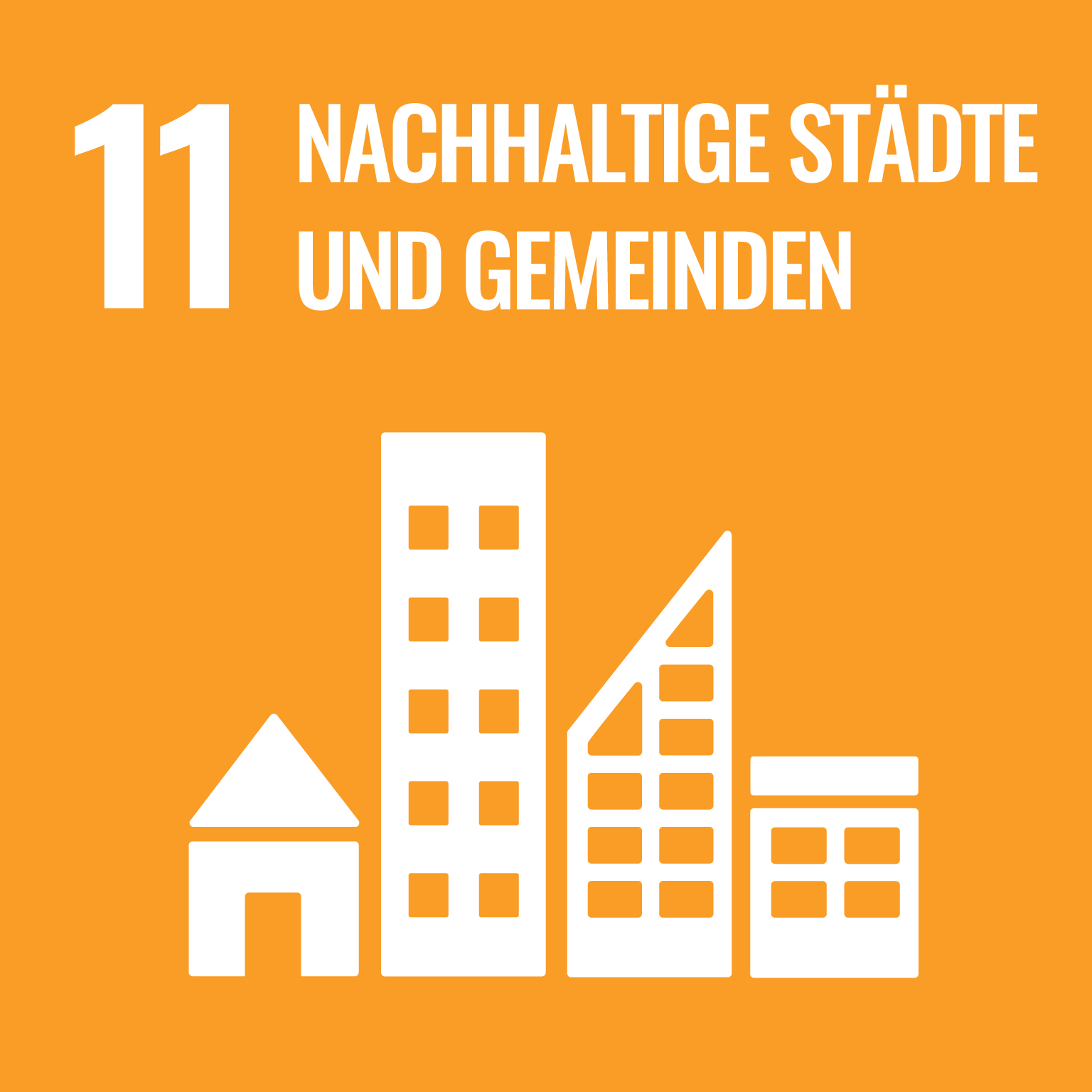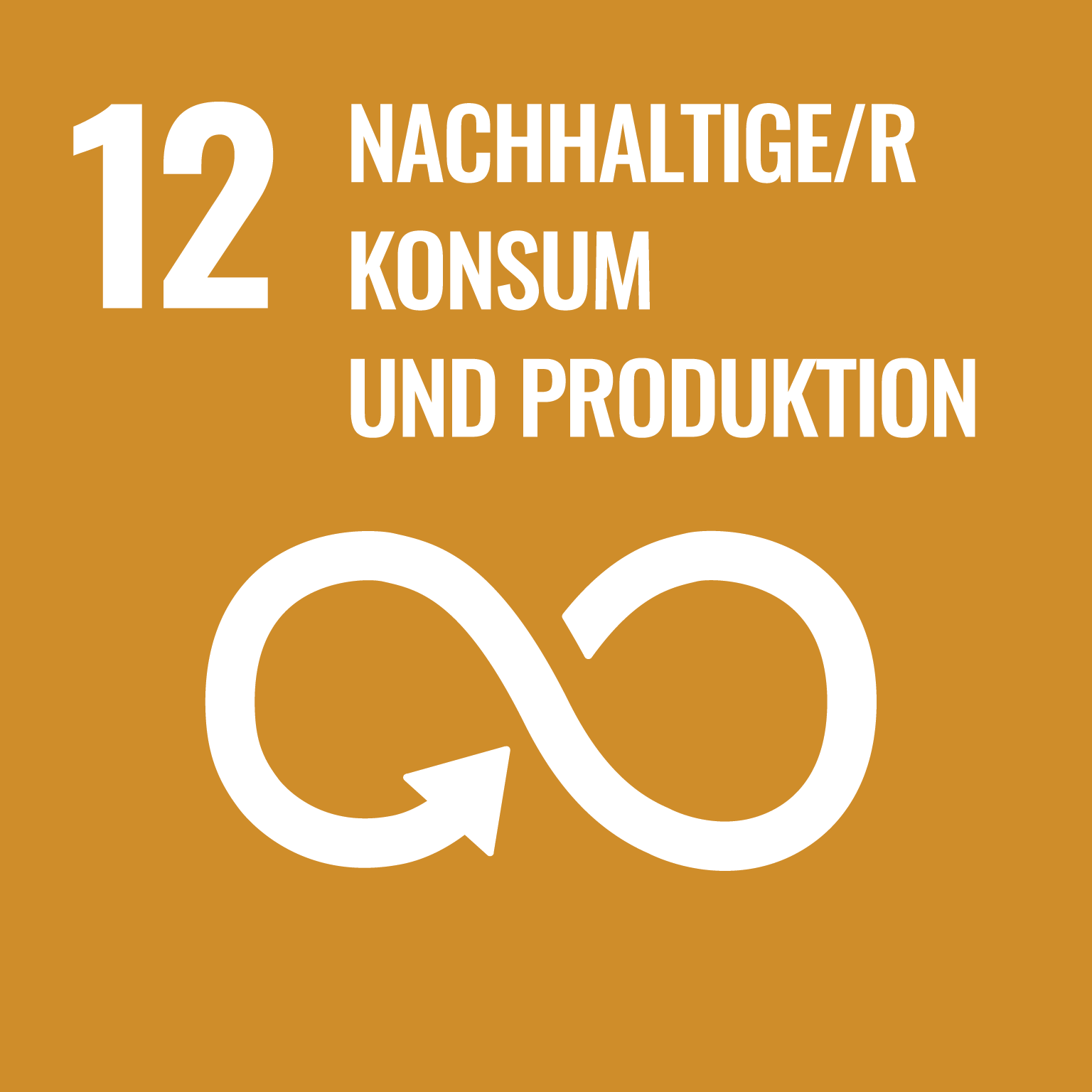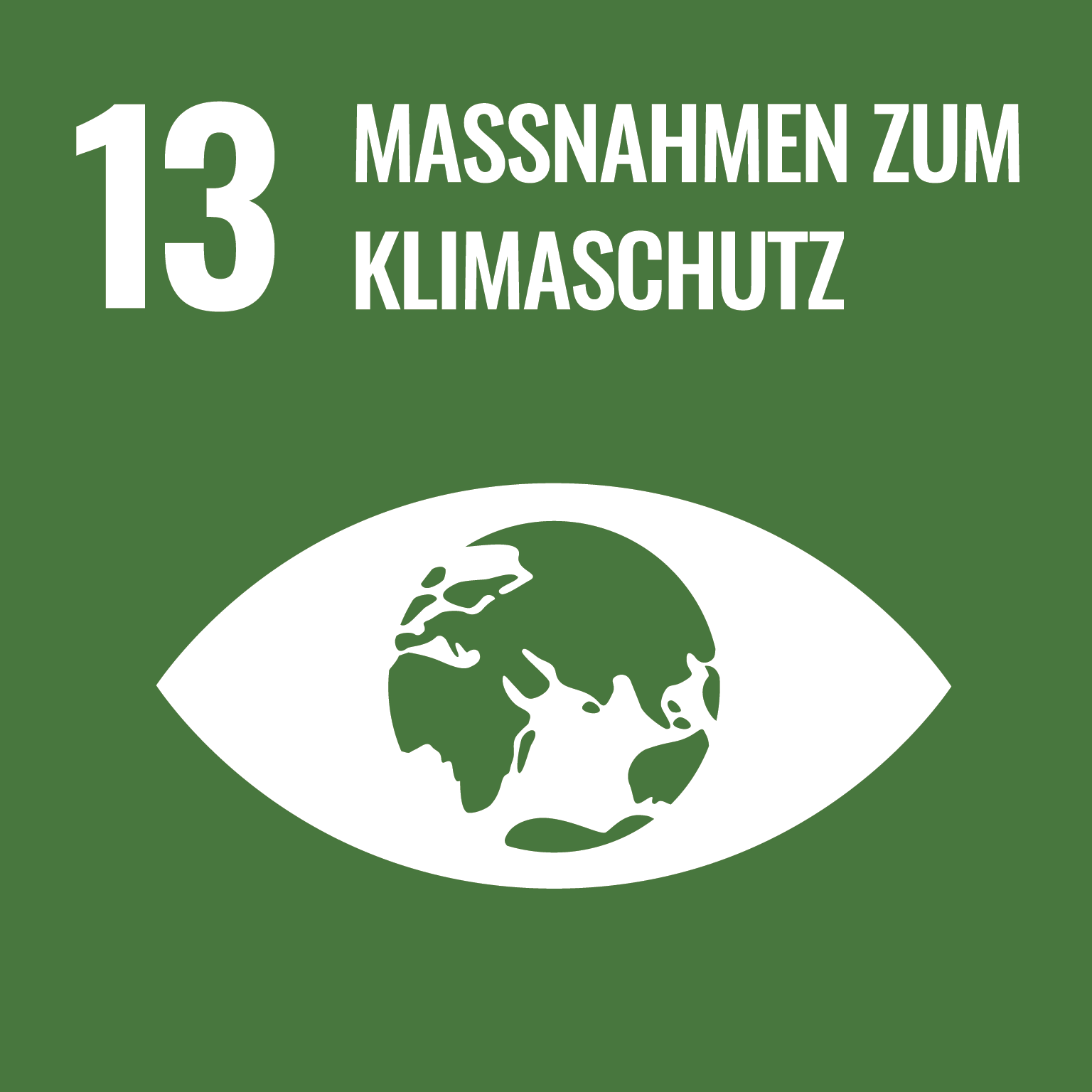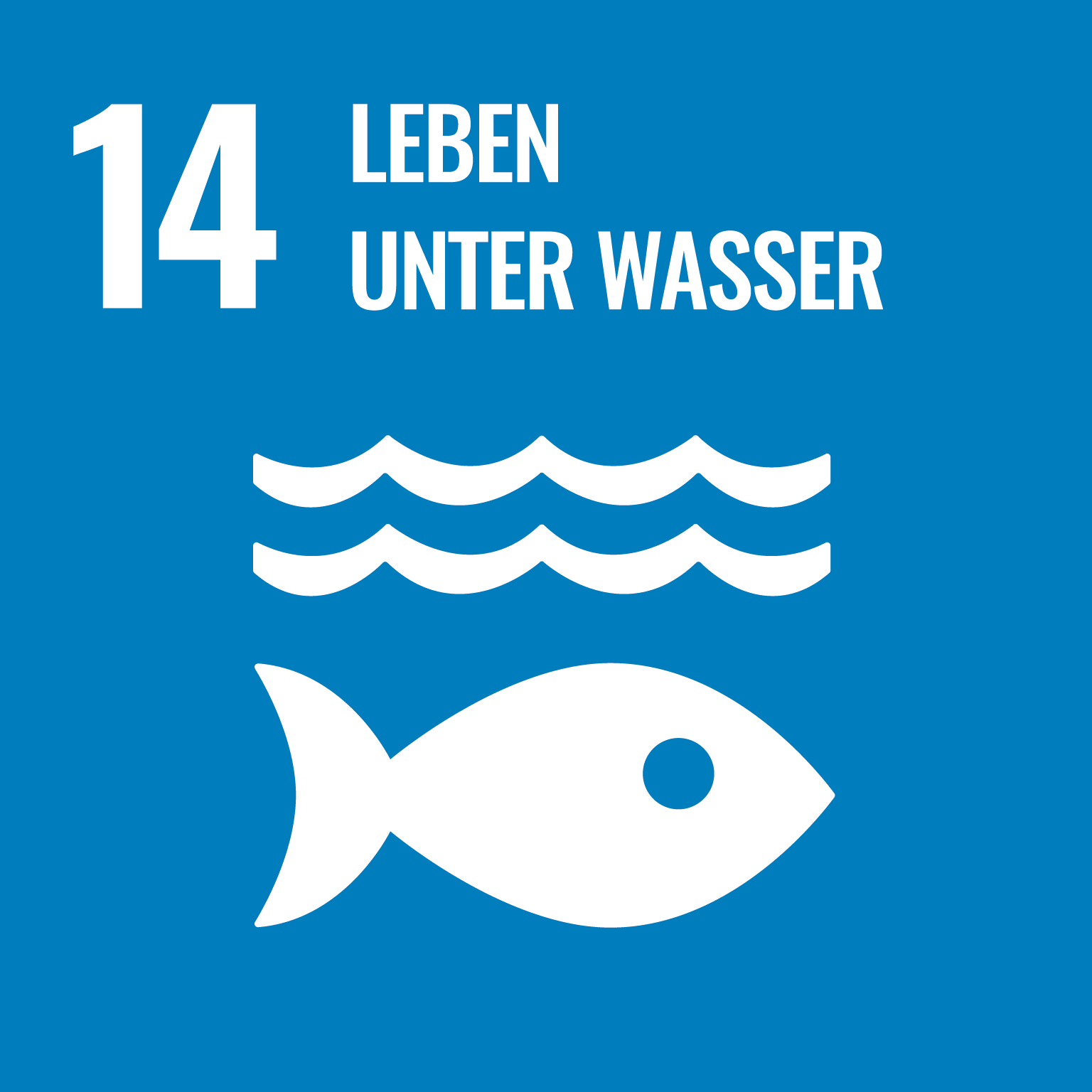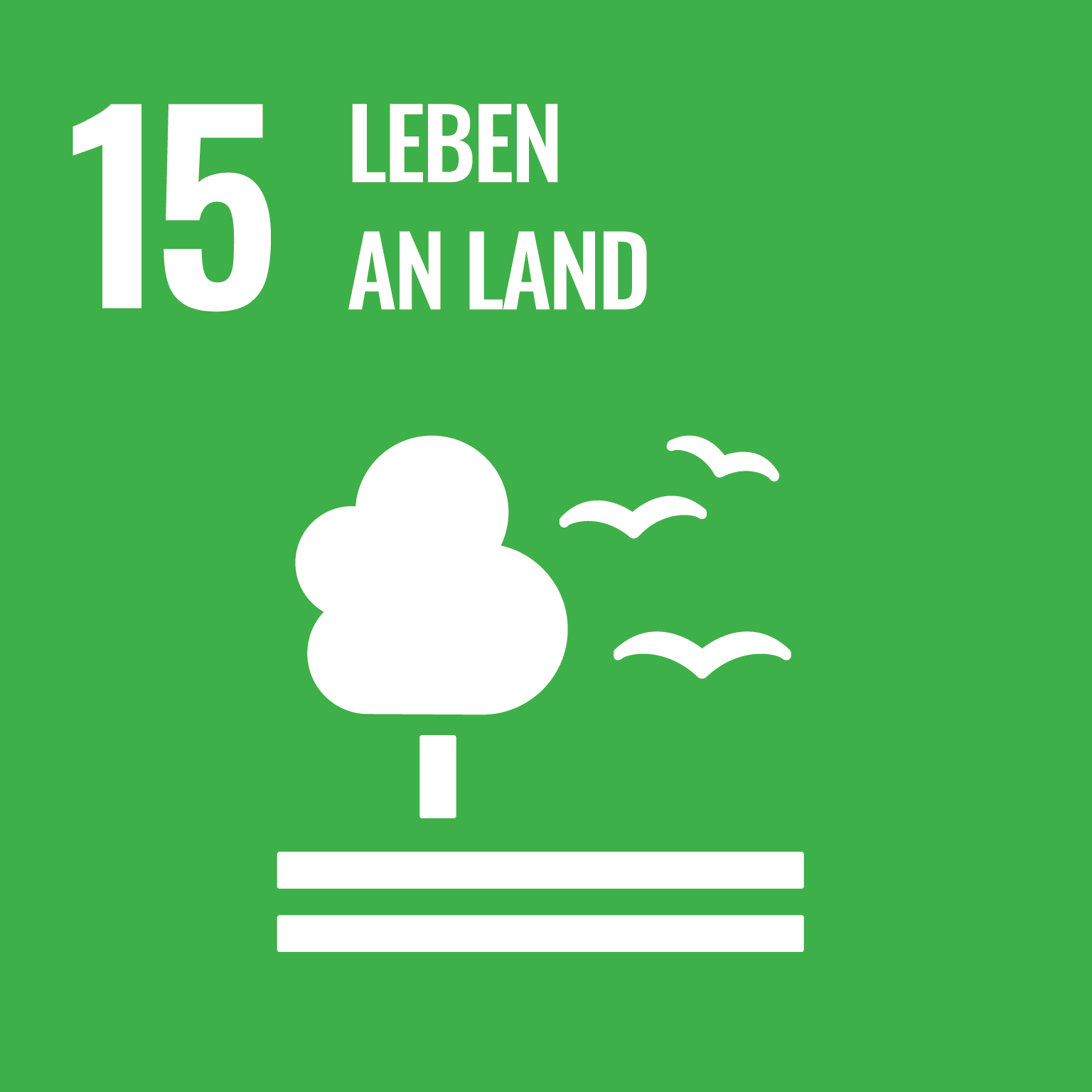SDG Law Tracker - Which laws does the German government implement?
Take urgent action to combat climate change and its impacts
Our proposals
Does the government plan to implement them?
What is the status?
-
Climate-damaging subsidies undermine measures to achieve climate protection goals and stand in the way of the ecological transformation of the economy and society. In view of the high level of new federal debt to cope with the economic consequences of the Corona pandemic and lower tax revenues as a result of the crisis, the reduction of climate-damaging subsidies, which has long been in the pipeline, is of particular importance and urgency. The dismantling of these subsidies would contribute to climate protection and at the same time mobilize funds for future investments and an ecological transformation of the economy. In the overall assessment, the dismantling of the energy tax exemption for kerosene, the energy tax concession for electricity generation and the reduction of electricity price exemptions for industry have a particularly strong climate impact: they show a high climate protection potential and the highest CO₂ reductions are achieved per euro saved in comparison. The fiscal impact is also large: for example, taxing kerosene would generate more than €8 billion in additional tax revenue and avoid 26 million metric tons of CO₂ annually.
For further reading and discussion:
https://foes.de/publikationen//2020/2020-11_FOES_10_klimaschaedliche_Subventionen_im_Fokus.pdf
≈
-
The introduction of a general speed limit on highways would be a feasible, cost-effective and effective contribution to reducing greenhouse gas emissions from traffic in the short term. It would also increase road safety and reduce noise and pollutant emissions. Introducing a general speed limit of 120 km/h on federal highways would reduce emissions by 2.6 million metric tons of CO₂ equivalents annually. Even a speed limit of 130 km/h would already reduce greenhouse gas emissions by 1.9 million metric tons per year. In addition, a general speed limit of 80 km/h should be introduced on two-lane rural roads. For further reading and discussion: https://www.umweltbundesamt.de/themen/verkehr-laerm/verkehrsplanung/tempolimit#tempolimit-auf-autobahnen- https://www.bund.net/fileadmin/user_upload_bund/publikationen/mobilitaet/mobilitaet_kurzinfo_tempolimit_auf_autobahnen.pdf
-
-
The distance allowance influences the decision of where to live and encourages commuting. Long commutes lead to increased traffic, which contributes to air pollution, land consumption, urban sprawl and noise, and causes traffic jams and accidents. At the same time, however, the state does not provide any incentives to switch to more environmentally friendly means of transportation for commuting to work. In Scandinavia (Finland, Norway, Sweden), the Netherlands and Switzerland, only public transport costs are tax deductible. Only in individual cases can travel by car also be deducted if the time advantage over public transport is particularly high. In Germany, too, the commuter allowance must be reformed so that in future only the costs of public transport are deductible. Care must be taken to ensure that people in rural areas whose commute to work cannot be made by public transport, or can only be made at considerable extra expense, are not disadvantaged.
For further reading and discussion:
https://foes.de/pdf/2016-10-Themenpapier-Entfernungspauschale.pdf
§ Commuter allowance for public transport only
-
-
According to a survey by the European Investment Bank, 67 percent of Germans are in favor of a ban on short-haul flights for climate protection reasons. One legal regulation that has already been widely discussed is a ban on short-haul flights within Germany of less than 500 kilometers. This should at least serve as a basis; other definitions of short-haul flights include up to 1500 kilometers. Short- and medium-haul flights should instead be shifted to rail in regions with rail infrastructure, and to buses elsewhere. High speed is not mandatory for trains, but day and night travel options should be attractive, affordable, and powered by renewable energy. Ships and ferries can be equally viable alternatives, as long as they are powered by carbon-neutral energy. Separate consideration must be given to the needs of people who would be isolated without access to air travel, and environmentally sustainable transportation must be provided to connect them. France can be a role model. Short domestic flights must only serve as feeder flights for another flight. In the future, airlines may no longer sell purely domestic flights if the destination can also be reached in 2.5 hours by train.
For further reading and discussion:
https://stay-grounded.org/position-paper/position-paper-de/ https://reisetopia.de/news/frankreich-inlandsflugverbot/
https://www.eib.org/de/surveys/2nd-climate-survey/climate-action-and-policy-solutions.htm
-
-
Some European countries have declared their intention to ban the future sale of fossil fuel vehicles. France, Ireland, Finland, Latvia, Spain and Sweden envisage that no internal combustion engines will be allowed to be sold from 2030 or 2040.
For further reading and discussion:
https://www.bundestag.de/resource/blob/651454/e949b6b43bd9b5ac738510e556e611e6/WD-8-048-19-pdf-data.pdf
-
-
Luxembourg embarked on a major transport transformation in the spring of 2020. In March, it became the first country in the world to introduce free public transport, financed from taxpayers' money. Better connections and an expansion of the rail network are also planned. Luxembourg plans to invest 600 euros per capita in the future.
For further reading and discussion:
https://transports.public.lu/fr/support/faq/faq-mobilite-gratuite-de.html
-
-
2021, the Berlin Senate decided to recognize the climate emergency for the state of Berlin. The Senate thus explicitly stated that the ongoing global warming represents a climate emergency that requires additional efforts in favor of climate protection at the Berlin state level as well. Since then, Senate resolutions have been subjected to a climate check, and Berlin's energy and climate protection program has been consistently aligned with new measures.
For further reading and discussion:
https://www.berlin.de/rbmskzl/aktuelles/pressemitteilungen/2019/pressemitteilung.873965.php

